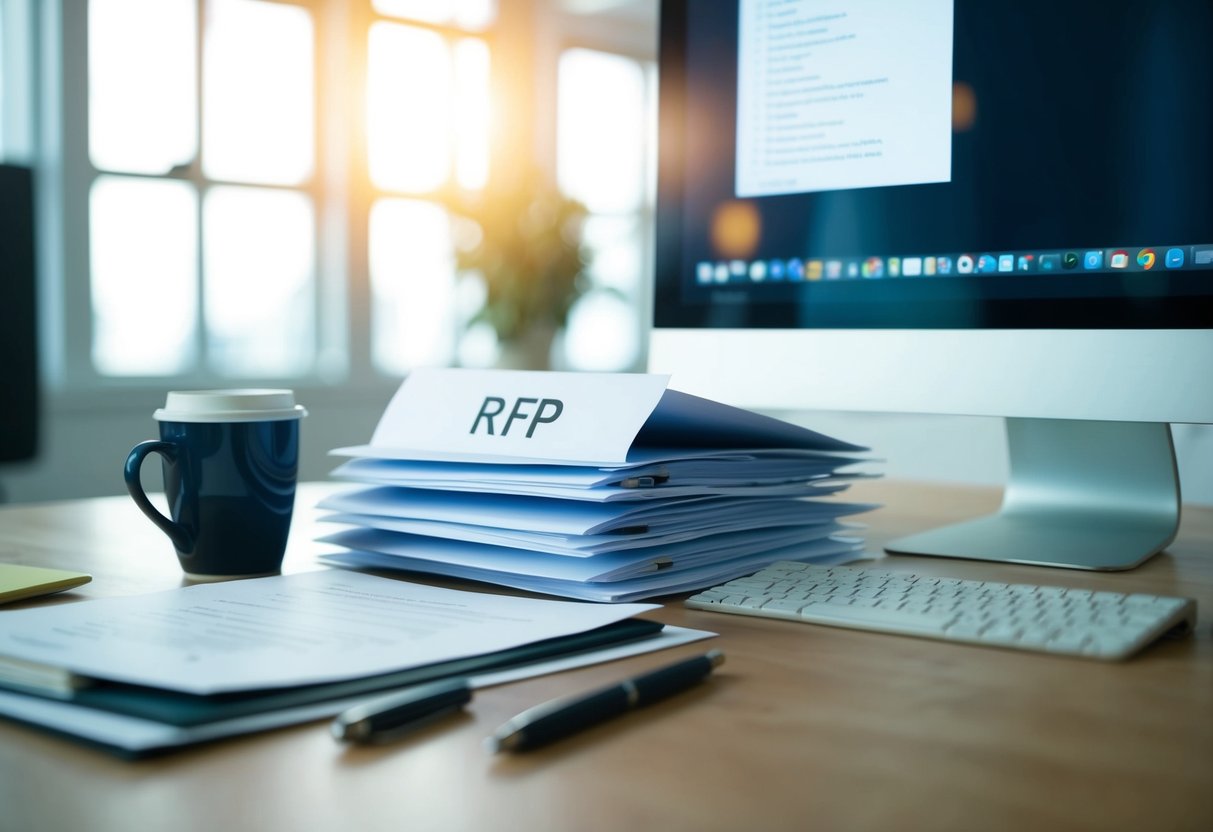Managing Request for Proposals (RFPs) can be a time-consuming and intricate process for businesses, especially when aiming for accuracy and relevance in responses. The need to streamline the workflow and improve the quality of submissions has become a top priority for organizations seeking a competitive edge.
Objective: To optimize and speed up the RFP process by leveraging generative AI and collective intelligence, improving the quality and precision of responses.
AI-Generated RFP Responses
Generative AI can be a game-changer when it comes to drafting RFP responses. AI analyzes the requirements of the RFP, relevant industry standards, and past successful proposals, generating a first draft tailored to the specific needs of the project. These drafts are informed by large datasets, ensuring a high degree of precision in the initial proposal structure, tone, and content.
By automating this early stage, businesses can free up valuable time that would otherwise be spent on labor-intensive drafting. AI’s ability to pull insights from competitive analysis and market trends allows for proposals that align closely with the expectations of the issuing organization.
Collective Refinement of Proposals
What truly enhances this process is the collaboration among various departments—sales, legal, operations, and technical teams—who refine the AI-generated drafts. Collective intelligence allows these teams to review and adjust the proposal to fit the nuances of the project, tailoring the technical specifications, pricing, and delivery timelines. This input ensures that the proposal not only meets the technical requirements but also aligns with the client’s business needs.
Example: In a software development firm, AI could create a detailed response to an RFP for a custom platform. The technical team would ensure the solution architecture is solid, while the sales team adjusts pricing models to remain competitive. Legal experts review contract terms, while marketing tweaks the tone to resonate with the client’s values.
Accelerating the Proposal Process
With AI handling the repetitive, time-consuming tasks, companies can focus on higher-level strategy and personalization. The proposal process becomes faster and more accurate, giving organizations a distinct advantage in highly competitive bids. By engaging multiple stakeholders early in the process, proposals are refined and validated, increasing their chance of success.
Result: Combining AI’s data-driven insights with human expertise through collective intelligence produces proposals that are well-structured, relevant, and aligned with client expectations. Businesses can improve their win rates while cutting down on the time spent on drafting and reviewing proposals.
The hybrid approach of AI-powered draft generation with human-driven fine-tuning ensures that RFPs are not just faster but more effective.


